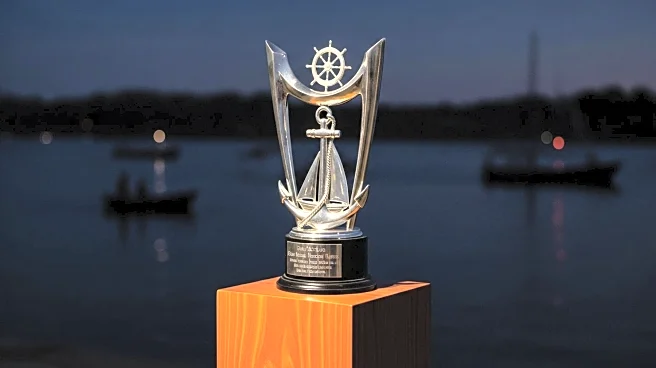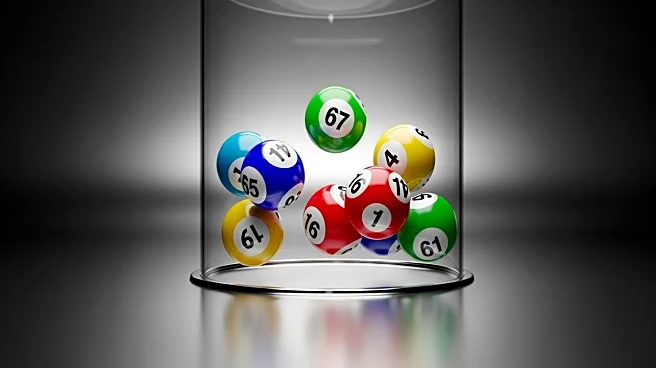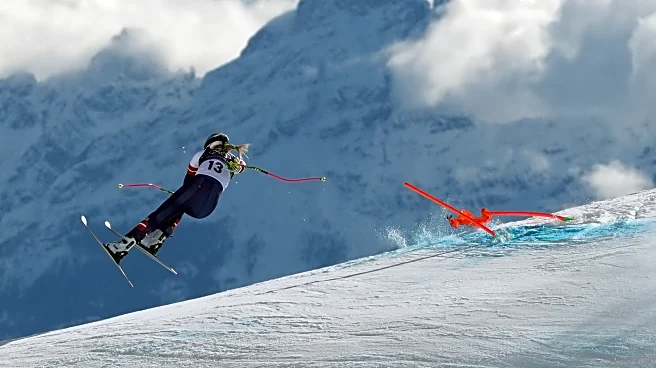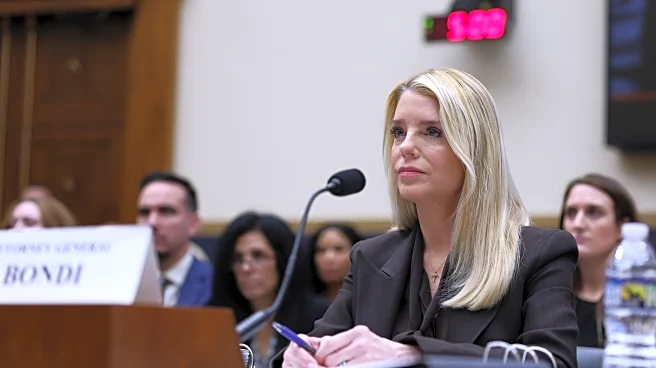What is the story about?
What's Happening?
Channel 4 has announced a new five-year deal to broadcast the annual Boat Race, a historic rowing event between Oxford and Cambridge universities. This marks a significant change as the BBC, which has covered the event for most of the past 87 years, will no longer be the broadcaster. The BBC cited financial considerations as the reason for not renewing the rights, emphasizing the need to deliver the best value for audiences. The Boat Race, first broadcast on BBC radio in 1927 and televised in 1938, is a staple of British sports culture. Channel 4 expressed excitement over acquiring the rights, describing the event as a 'crown jewel' of the rowing calendar. The next race is scheduled for April 4, 2026, and will be produced by FilmNova, a specialist sports production company.
Why It's Important?
The shift in broadcasting rights from the BBC to Channel 4 represents a significant change in the media landscape for one of Britain's most iconic sports events. This move could impact the viewership and accessibility of the Boat Race, as Channel 4 aims to bring a fresh perspective to the coverage. For the BBC, this decision reflects broader financial challenges and strategic choices in content investment. The change also highlights the competitive nature of broadcasting rights for major sports events, which can influence public engagement and the cultural significance of such events. Channel 4's acquisition may attract new audiences and potentially increase interest in rowing as a sport.
What's Next?
Channel 4 will officially take over as the broadcaster at the Presidents' Challenge event, where the losing crew from the previous year challenges the winning crew. This transition will be closely watched by sports enthusiasts and media analysts to see how Channel 4's coverage compares to the BBC's longstanding tradition. The network's approach to broadcasting the event could set a precedent for future sports coverage deals. Additionally, the BBC's decision may prompt other broadcasters to reevaluate their sports programming strategies, especially for events with historical significance.
















